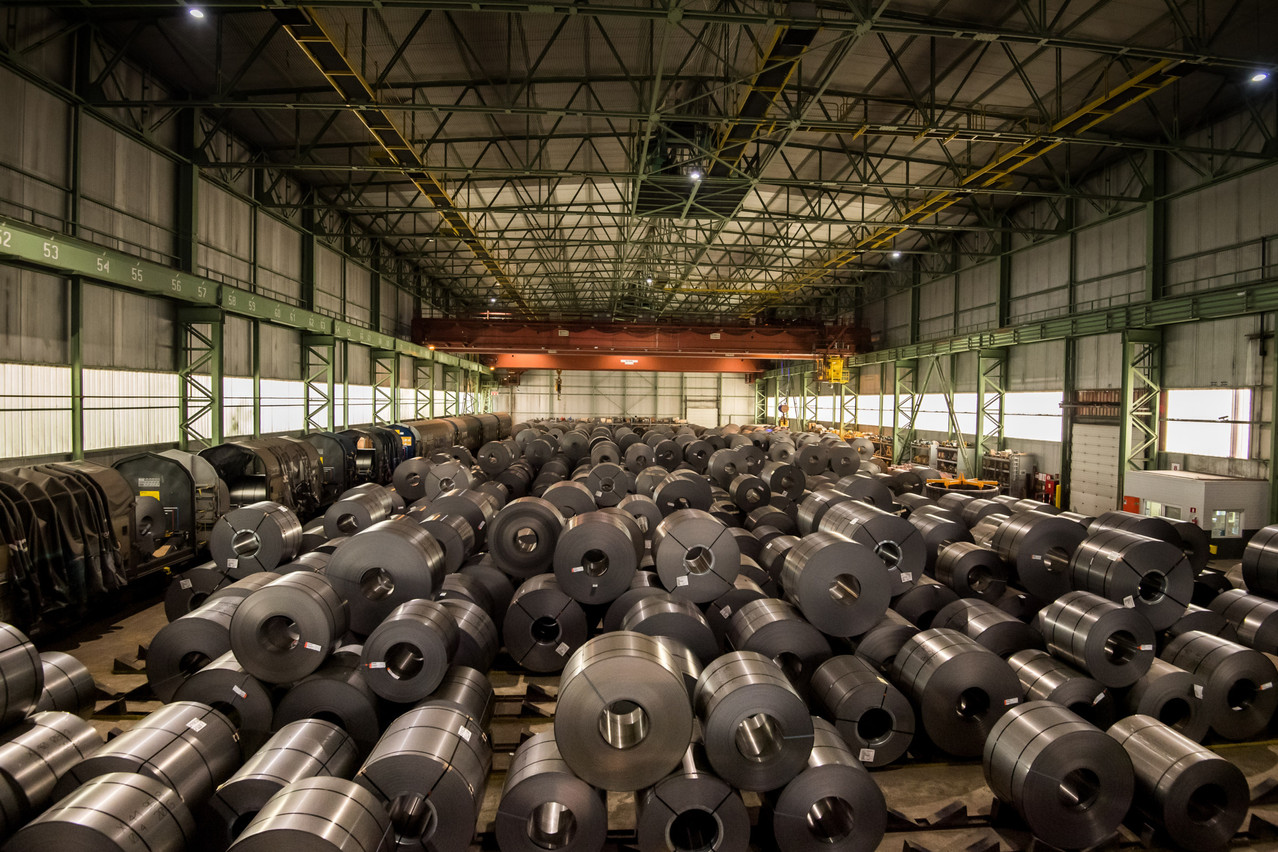Liberty Steel is still facing serious financial difficulties since the bankruptcy of its main creditor, Greensill. In Liège, the situation had become tense with workers at the various sites.
Relief came from the court, which on Tuesday accepted the steelmaker's financial restructuring proposal. The latter will create a new company with an industrial client that will become a partner in a joint venture with Sogepa (the equivalent of Luxembourg public lender SNCI). However, the plan foresees the loss of 90 jobs, “mainly administrative”, according to union sources. Initially, the plan was to cut 153 jobs. This three-way partnership should maintain Liberty Steel's activity in the Liège region and save 690 jobs at the Tilleur and Flémalle production sites.
For the Dudelange site, the Liège court's decision is good news insofar as the Belgian sites will be able to continue to operate, and thus supply the Luxembourg plant. “It is indeed reassuring for the workers of the Dudelange site. Even if we now have to see how this three-way partnership will be built and how it will work in terms of volume,” said Robert Fornieri, deputy secretary general of the LCGB.
Production in Dudelange still very low
Liberty Steel in Dudelange has still not regained the full production capacity of its workforce and tools due to cash flow problems in the purchase of raw materials. This situation has been exacerbated by the rise in energy prices, which is also penalising the steel industry, a major consumer of electricity. “Until the end of the year, production will be fairly low at the Liberty Steel site in Dudelange, and forecasts for 2022 point to a fairly slow gradual recovery,” said the trade unionist.
On Monday, unions and management are due to meet again to review the situation and future prospects. Currently, the site is only producing at 20% of its capacity. Between 30% and 40% of the site's workforce is working reduced hours. “We are beginning to reach the limits of short-time working, as some workers will have to return to their jobs, as they have reached the maximum ceiling for partial unemployment, which is 1,200 hours,” said Fornieri.
Since the setbacks of GFG Alliance, the parent company of Liberty Steel, Luxembourg trade unions have been pleading for the departure of the steelmaker and the arrival of an industrial investor with the support of the SNCI.
Asked about the possibility of a three-way scenario like in Belgium, Fornieri replied in the negative. “We have always been against it. We have always pleaded for another industrial partner, but without Liberty Steel. Unfortunately, Liberty Steel has no desire to give up Dudelange and we have to make do with that. But they have to give guarantees on the sustainability of the site and the future production volumes,” he said.
This story was first published in French on . It has been translated and edited for Delano.
